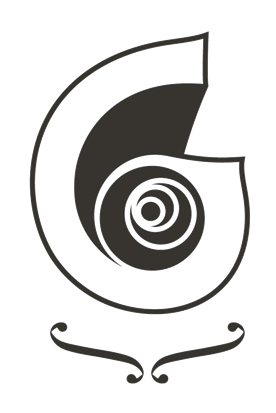How to Pick Your Size for Cello
Cello Sizes
Here are the average sizes for student’s grades. If your child is smaller or larger adjust accordingly. With Golden Music, we deliver to you for free, so if the size is off, we will bring you the correct size for no charge.
4th Grade average size: ¼ cello
5th Grade average size: ½ cello
6th Grade average size: ¾ cello
Cellos should fit their players. The size makes a difference in both the distance the musician must reach to the fingerboard of the instrument and the distance the notes are separated on the fingerboard.
The best thing to do is to talk to your teacher and have them help you find your size. Not only do they have experience in this process, they will be your advisers and helpers moving forward so their choice and knowledge is intrinsic in getting the proper fit.
If you are not able to have the teacher's input, Golden Music can also help you. We help thousands of students every year find their size and can make the process fun and successful. If that isn't an option (doing the contract online for delivery or the student is not available at sizing time), please refer to the following guide. Remember, in our rent-to-own program, there is no charge for delivery or for changing sizes, so we can adjust the size if needed
Cellos sizes are denoted in fractions: 4/4, 3/4, 1/2, 1/4, 1/8, etc. However the fraction nomenclature can be misleading because, for example, a 1/2 size cello isn't really half the size of a 4/4 cello, as you can see by the chart below.
|
Cello Size |
Total Length |
Bow Length |
Common Ages |
| 1/10 | 29.5" | 17.5" | 4-5 |
| 1/8 | 33.5" | 20.75" | 5-6 |
| 1/4 | 38.5" | 23.75" | 6-7 |
| 1/2 | 42" | 25.5" | 8-10 |
| 3/4 | 45" | 27" | 11-13 |
| 4/4 | 48" | 28" | 14-adult |

So how do you know what size is right?
Often the teacher will measure the student and write down the correct size to get. If your teacher recommends a size, that is the size you should get regardless of any measurements you or anyone else might do.
Otherwise to fit a player to a cello, have them sit so their knees are bent at 90 degrees. Adjust the height of the cello so the left knee touches the curve below the lower bout corner. If the cello fits correctly the upper rim of its body will rest on the sternum (breast bone) and the lowest tuning peg will be near the left ear.. From this position the cellist should be able to comfortably reach both ends of the fingerboard.
An alternative method of fitting uses a "fitting yardstick" marked with the instrument sizes. When the end of the yardstick is placed against the student’s neck and stretches the length of his/her outstretched arm, the correct size is the one that is closest on the yardstick to the student’s palm.
